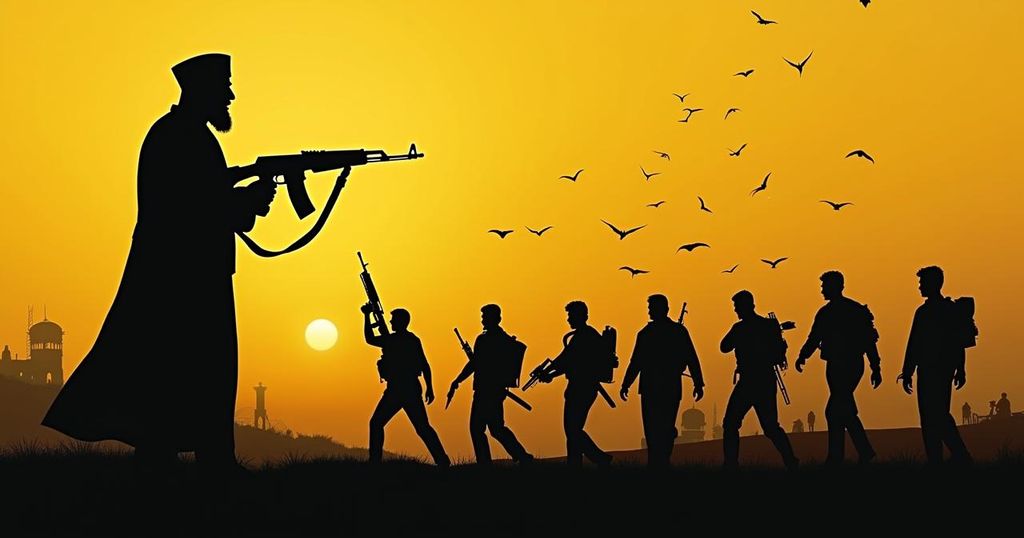Israel’s assassination of Hezbollah leader Hassan Nasrallah has elicited widespread concern over retaliation from Iran and potential escalation into a larger conflict within the region. Insights from correspondents suggest this act could redefine geopolitical relations as various factions re-evaluate their positions.
Israel’s recent assassination of Hezbollah leader Hassan Nasrallah has prompted significant concerns about potential repercussions throughout the region, particularly regarding Iranian retaliation and the specter of an expanded conflict. Esteemed correspondents Nick Schifrin and John Yang provide insights from Tel Aviv, discussing unfolding developments and potential future implications. This bold military action, attributed to Israel, not only escalates tensions between Israel and Hezbollah but also places Iran, a staunch ally of Hezbollah, at a crossroads. Israel has historically targeted figures it deems as threats, but the killing of such a prominent leader raises questions about the operational stability of Hezbollah, the likelihood of retaliatory attacks, and the broader geopolitical landscape in the Middle East. Furthermore, analysts are examining how this act may influence other militant groups within the region and the potential for a reconfiguration of alliances as nations respond to these unfolding events.
The assassination of Hassan Nasrallah, a key figure in Hezbollah and an influential player in Middle Eastern politics, signifies a critical moment that could alter the balance of power in the region. His leadership has been characterized by a strong anti-Israel stance, mobilizing support against Israel and influencing Shia militias across the Middle East. The potential for retaliation is heightened given Iran’s vested interests in the survival of Hezbollah as a counterweight against Israeli influence. This action by Israel could either lead to an immediate response from militant groups or provoke a more prolonged and widespread conflict as actors reassess their strategies in response to these developments.
In summary, Israel’s assassination of Hassan Nasrallah represents a significant escalation in Middle Eastern tensions, with far-reaching implications for regional security dynamics. The move is likely to provoke retaliatory actions from Hezbollah and potentially Iran, further complicating an already volatile situation. As the world watches closely, the unfolding events will be critical in shaping the future of Iranian-Israeli relations and the role of militant groups in the region.
Original Source: www.pbs.org






